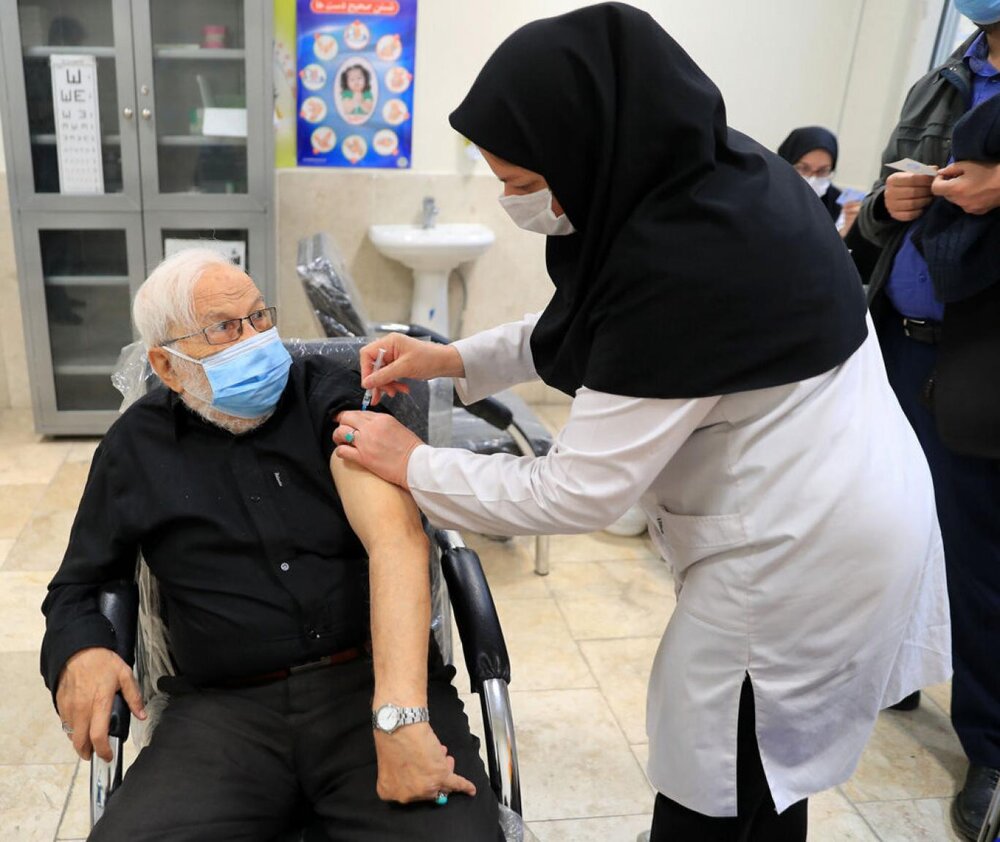Iran urges UNHCR to provide coronavirus vaccine for refugees

TEHRAN – Iran has urged the United Nations High Commissioner for Refugees (UNHCR) to provide funding and strengthen the necessary infrastructure to receive vaccines and facilities for the refugees, ISNA reported.
A virtual meeting was held on Wednesday attended by Iranian officials, representatives of UN offices, and embassies in Tehran with the aim of providing vaccines for refugees and foreign immigrants.
Given the security problem in Afghanistan, we need to be more prepared in case of facing a number of refugees entering the country, Mehdi Mahmoudi, director of Aliens and Foreign Immigrants Affairs of the Ministry of Interior said.
Over the past 42 years, Iran hosted millions of refugees, especially Afghan nationals, with the least foreign aid and at the highest level of international standards, while adhering to ethical and humanitarian principles and international commitments, he said.
Despite many political and economic problems such as imposed war, imposition of cruel sanctions, and relying on its limited national and domestic resources in various sectors such as health, education, Iran has provided livelihood and vocational services to the refugees just like Iranians, he explained.
Referring to the humanitarian actions of the Islamic Republic since the outbreak of the COVID-19 pandemic, he called on the international community to take immediate action to provide and expedite the delivery of vaccines for refugees.
Iran has been used as a gateway for the influx of illegal immigrants to European countries, which due to the inability and readiness of the Islamic Republic to accept new refugees, we need the support of Afghanistan and the international community, especially the European Union, in order to improve the security factor and control the eastern borders to combat this phenomenon, he explained.
Iran hosting world's fourth-largest refugee community
Iran is hosting the world's fourth-largest refugee community. The country has generously hosted approximately 1 million refugees for the past 30 years. The majority, which mainly came from Afghanistan and Iraq, live in urban areas. Approximately 31,000 of the most vulnerable refugees living in 20 settlements located throughout the country.
Based on the latest statistics, over 3 million Afghans are living in Iran - some 780,000 Afghan refugees, over 2 million undocumented Afghans, and another 600,000 Afghan passport-holders with Iranian visas.
However, in light of the pandemic, all refugees, even those undocumented, benefited from access to free primary health services and free COVID-19 related testing, treatment, and hospitalization, just like Iranian nationals.
The same happened for the vaccination when the country has generously considered refugees over the age of 75 for vaccination against coronavirus.
In order to support the refugees living in the country, the seventh phase of the health insurance plan will cover 120,000 vulnerable refugees through a memorandum of understanding signed between the Health Insurance Organization and the United Nations High Commissioner for Refugees.
In Iran, UNHCR is seeking $16.2 million for its COVID-19 emergency, while requires an additional $98.7 million to support Iran in maintaining and sustaining its commendable inclusive refugee policies, under the umbrella of the Solutions Strategy for Afghan Refugees (SSAR).
FB/MG

Leave a Comment